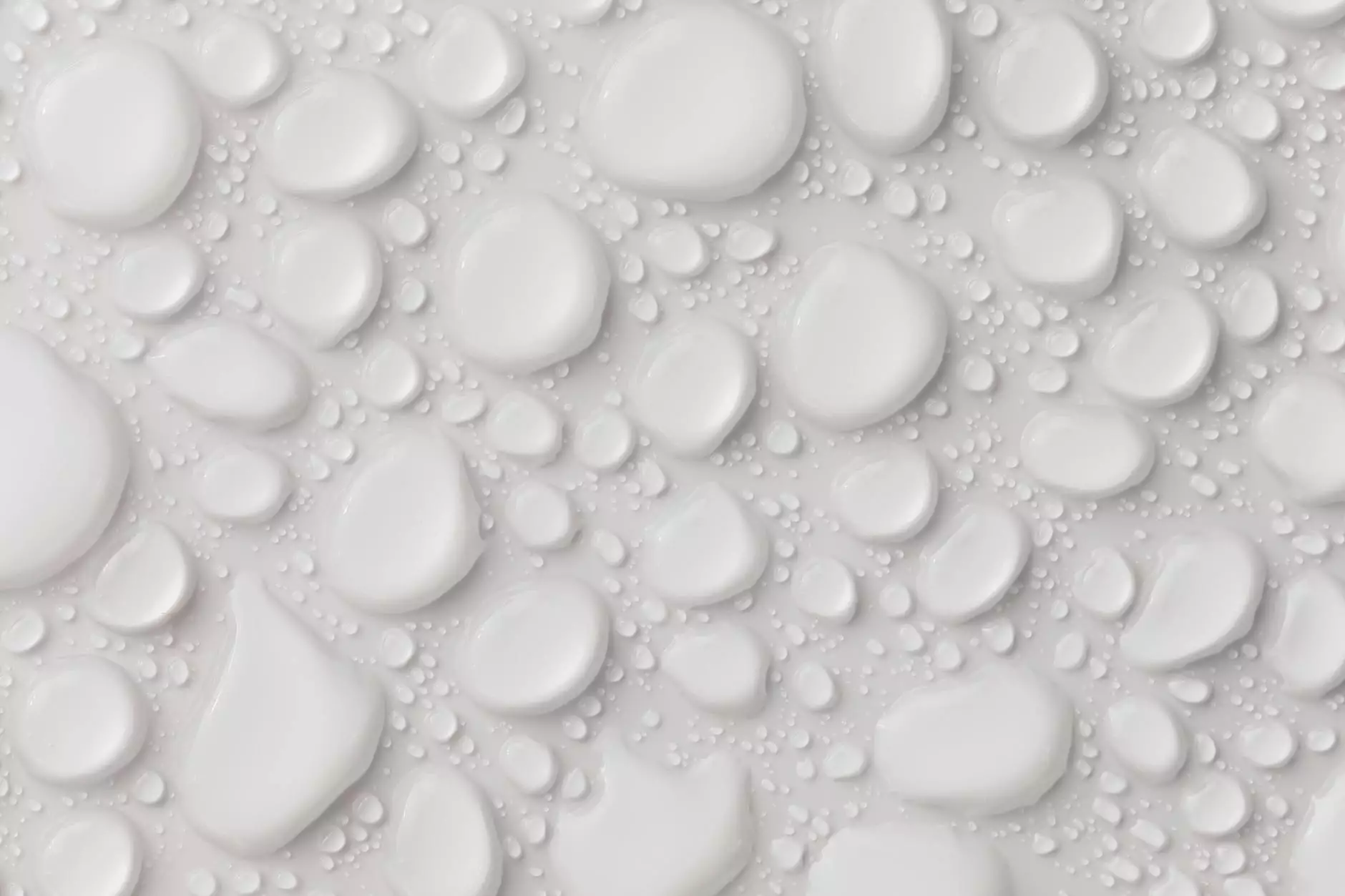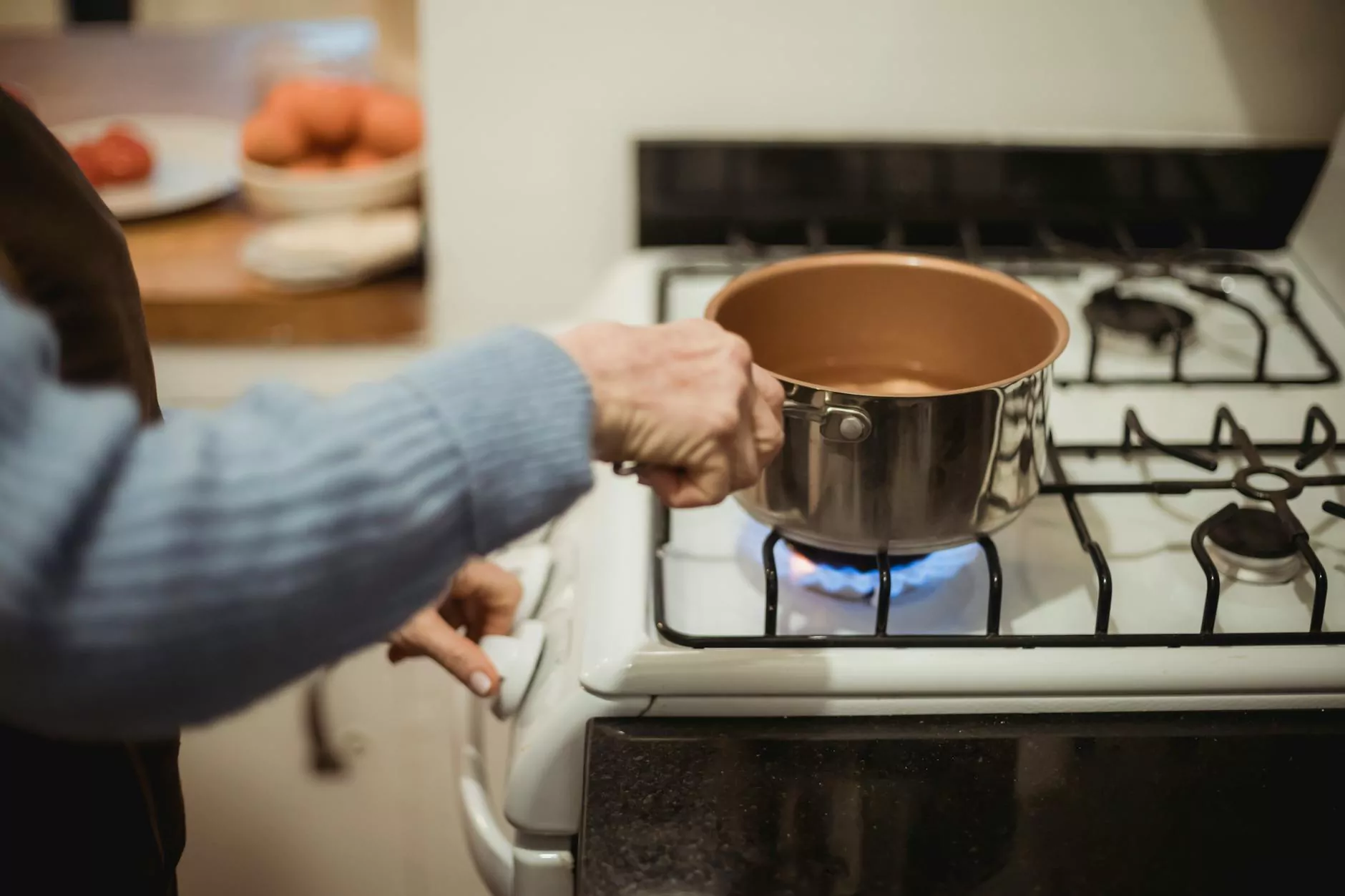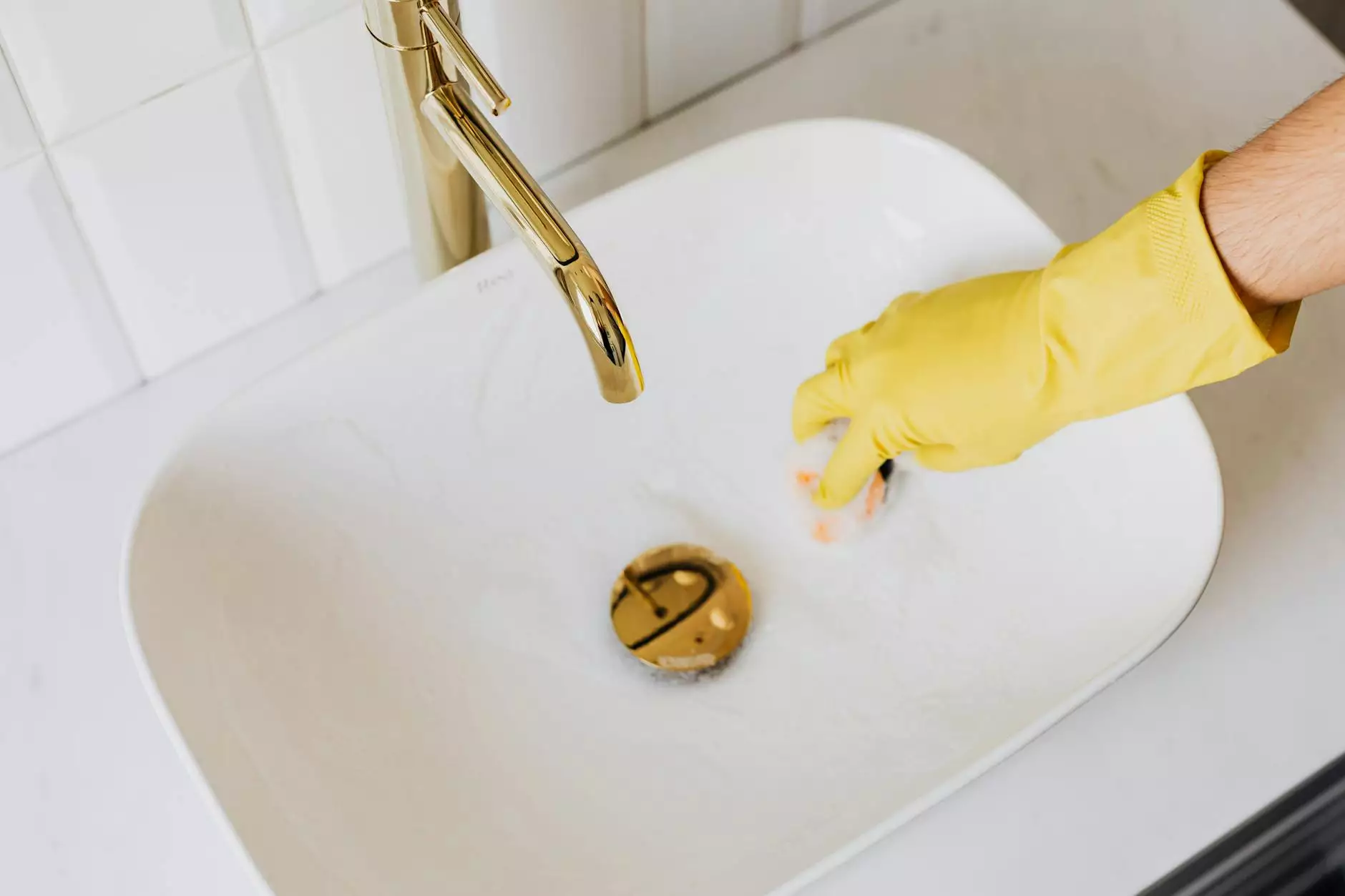Plumbing FAQ | Before & After Plumbing and Drain
Plumbing FAQ
Introduction
Welcome to Westwater Softening & Purification's Plumbing FAQ page, where we aim to provide you with comprehensive information and answers to common plumbing queries. Our team of expert plumbers is dedicated to ensuring that your plumbing needs are met with professional solutions. Whether you're facing a leaky faucet, clogged drain, or need advice on plumbing maintenance, we've got you covered.
Frequently Asked Questions
1. How do I fix a leaky faucet?
A leaky faucet can be a frustrating issue, but it can often be resolved with a few simple steps. Start by turning off the water supply to the faucet. Next, remove any decorative caps or handles to access the cartridge or valve. Depending on the type of faucet, you may need to replace the cartridge or valve seat to fix the leak. If you're unsure, it's best to consult a professional plumber to avoid causing further damage.
2. What can I do to prevent clogged drains?
Clogged drains are a common plumbing problem, but there are steps you can take to prevent them. Avoid pouring grease or oil down the drain, as they can solidify and obstruct the pipes. Use drain screens to catch hair, food particles, and other debris that could enter the drain. Regularly flush your drains with hot water to keep them clear from build-up. If you're experiencing persistent clogs, our team can conduct a thorough inspection and provide appropriate solutions.
3. How often should I have my plumbing system inspected?
Regular plumbing inspections are crucial for maintaining the efficiency and longevity of your system. We recommend scheduling a professional inspection at least once a year. During the inspection, our experienced plumbers will check for any signs of leaks, pipe corrosion, water pressure issues, or other potential problems. Timely detection and preventive measures can save you from costly repairs down the line.
4. How can I improve water efficiency in my home?
Water conservation is not only beneficial for the environment but can also help reduce your utility bills. Start by fixing any leaky faucets or toilets, as they can waste a significant amount of water over time. Consider installing low-flow showerheads and faucets to reduce water usage without compromising performance. Another effective measure is to opt for energy-efficient appliances, such as dishwashers and washing machines, which consume less water.
5. What are the signs of a sewer line issue?
Sewer line problems can cause a range of issues, and it's important to be aware of the signs indicating a potential problem. Look out for slow drains, multiple clogged fixtures, unpleasant odors in your yard or home, gurgling sounds from your toilet, or patches of excessively lush grass in your yard. If you notice any of these symptoms, contact our professional plumbers immediately for a thorough inspection and necessary repairs.
6. Can I undertake plumbing repairs myself?
While there are minor plumbing issues that you can handle on your own, such as tightening a loose faucet or changing a showerhead, it's best to leave more complex plumbing repairs to professionals. Attempting major repairs without sufficient knowledge and experience can lead to further damage and safety hazards. Our skilled team is equipped with the necessary tools and expertise to handle a wide range of plumbing repairs effectively.
Contact Us for Your Plumbing Needs
At Westwater Softening & Purification, we understand the importance of a well-functioning plumbing system in your home or commercial space. With our reliable services and expert knowledge, we aim to provide you with the best plumbing solutions tailored to your specific needs. If you have any further questions or require assistance with your plumbing, don't hesitate to contact us. Our friendly team is always ready to help!



